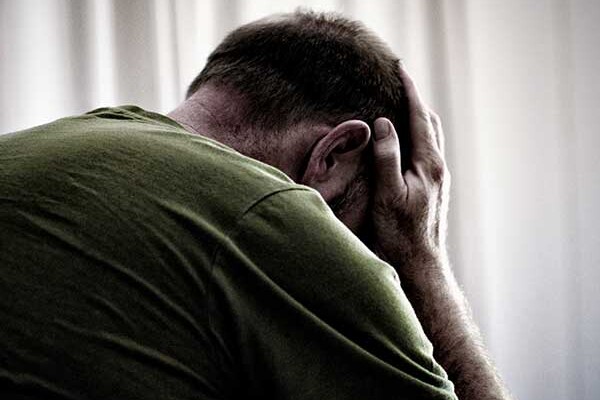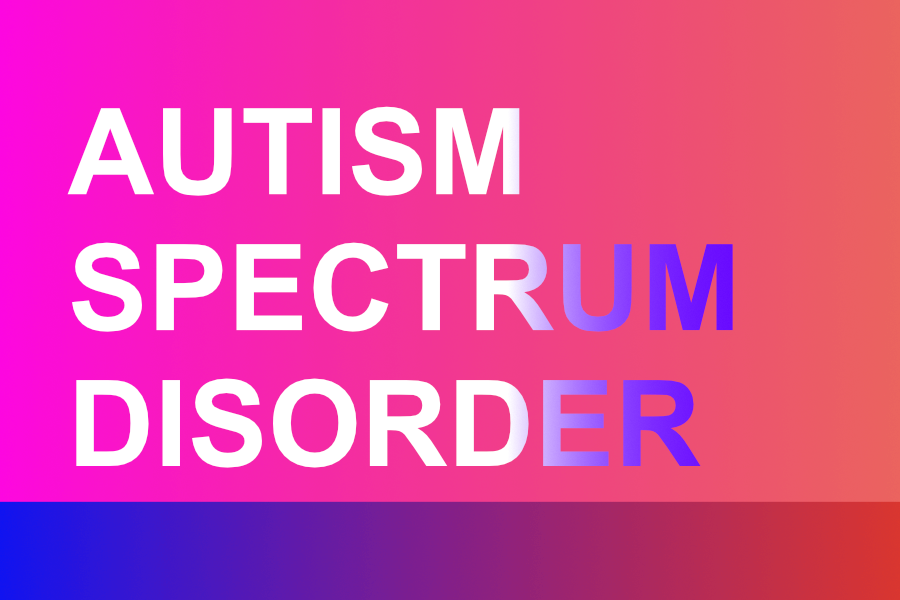Learn about Obsessive-compulsive disorder (OCD)
What is OCD?
Obsessive-compulsive disorder is characterised by recurrent persistent thoughts (obsessions) that cause distress until the person performs a ritualised behaviour (compulsions) to make them feel better. OCD is not just being very clean or neat, it is a complex set of fears and learned behaviours. These behaviours may involve checking things, handwashing, picking at skin, etc. They may believe that these behaviours stop something bad from happening that may be their fault. They will become very anxious and upset if they can’t do the compulsive behaviour. These may impact the persons life a great deal. They might find it hard to do certain things, have relationship troubles or become depressed. The person may be aware that the thoughts are irrational but not always.
What causes OCD?
As OCD is about thought patterns it can be caused by the way we have learned to think about things. Learning to have to worry and overly check may create a way of thinking where repetitive thoughts can only be soothed by checking or another ritualised behaviour. Further reinforcement of this can lead to OCD. It has been noted that having an overdeveloped sense of responsibility is a factor in developing OCD. If you feel that potential problems may be your fault you are more likely to over-check which puts the thoughts that you need to check in your mind. It is natural to want to manage these worries os the compulsions develop as a way to do so.
How do we treat OCD?
We work with OCD by managing your anxiety and challenging the underlying thought processes. We can help you with relaxation techniques, mindfulness and other ways to manage worries. We will also look at your thought processes and help you look at other ways of thinking that may be fairer and easier for you as sometimes we are too hard on ourselves. We will look at expectations and having a fair sense of your responsibilities. Finally we will use a technique called exposure and response prevention. This is a way to unlearn the conditioned association between the obsession and compulsion. We plan to reduce the compulsive behaviour in a way that you will be able to manage and reflect that the negative worries did not occur. We will slowly reduce the compulsive behaviour as you are comfortable doing so until it is to a level that doesn’t impact your life.
More details regarding OCD
Useful Resources
Please feel free to contact us if you have any questions about the psychological therapies we offer at our facilities that could be able to help with Obsessive compulsive disorder (OCD) related problems.
Trusted & Private Therapy
Our therapy and counselling services extend to both adults and children. We can work on an individual one to one basis, with couples, families and also groups. We provide a safe space in which you can share your problems as you gain a greater understanding of them. We help you to find ways in which you can either resolve or manage these issues better.
Glossary of Conditions

Anxiety
Anxiety refers to thoughts, feelings and physical sensations of worry or feeling under threat. Feeling like you are struggling to breathe or living your day-to-day life you may benefit from therapy.

Binge Eating Disorder
Binge-eating disorder is a disorder where a person eats a large amount of food in a short space of time. They may not be hungry when doing this, often resulting in physical discomfort.

Depression
Depression is a disorder involving a prolonged period of low mood and it affects people differently. Depression is more than just feeling sad it is a prolonged change in mood.

OCD
Obsessive-compulsive disorder is characterised by recurrent persistent thoughts that cause distress until the person performs ritualised behaviour.

Panic Disorder
Panic Disorder is an anxiety disorder and it occurs when you have a surge of intense fear that strikes suddenly and repeatedly without warning.

PTSD
Post traumatic stress disorder develops after having or witnessing a traumatic experience. This could be an accident, an assault or some forms of abuse.

Anger
It is important to recognise that anger is not necessarily a mental health problem. Everyone experiences the emotion sometimes. It is often a response to mistreatment or abuse.

Generalised Anxiety Disorder
Generalized anxiety disorder, or GAD, is a mental illness. It belongs to a group of illnesses called anxiety disorders.

Anorexia Nervosa
Anorexia nervosa involves a reduced food intake, below a person’s medical needs. Their mind will be very focused on eating habits to change your bodies size and shape.

Autism Spectrum Disorders
Autism spectrum disorders (ASD) are a set of conditions that influence the way a person takes in information. People with ASD’s can experience difficulties in communication.

Borderline Personality Disorder
Those who have Borderline Personality Disorder (BPD) suffer from recurrent, uncontrollable and difficult changes in mood.

Antisocial Personality Disorder
Those who have antisocial personality disorder display impulsive, irresponsible and risk-taking behaviour.

ADHD
Attention deficit hyperactivity disorder is a neurodevelopmental disorder often first recognised in childhood but it can be lifelong.